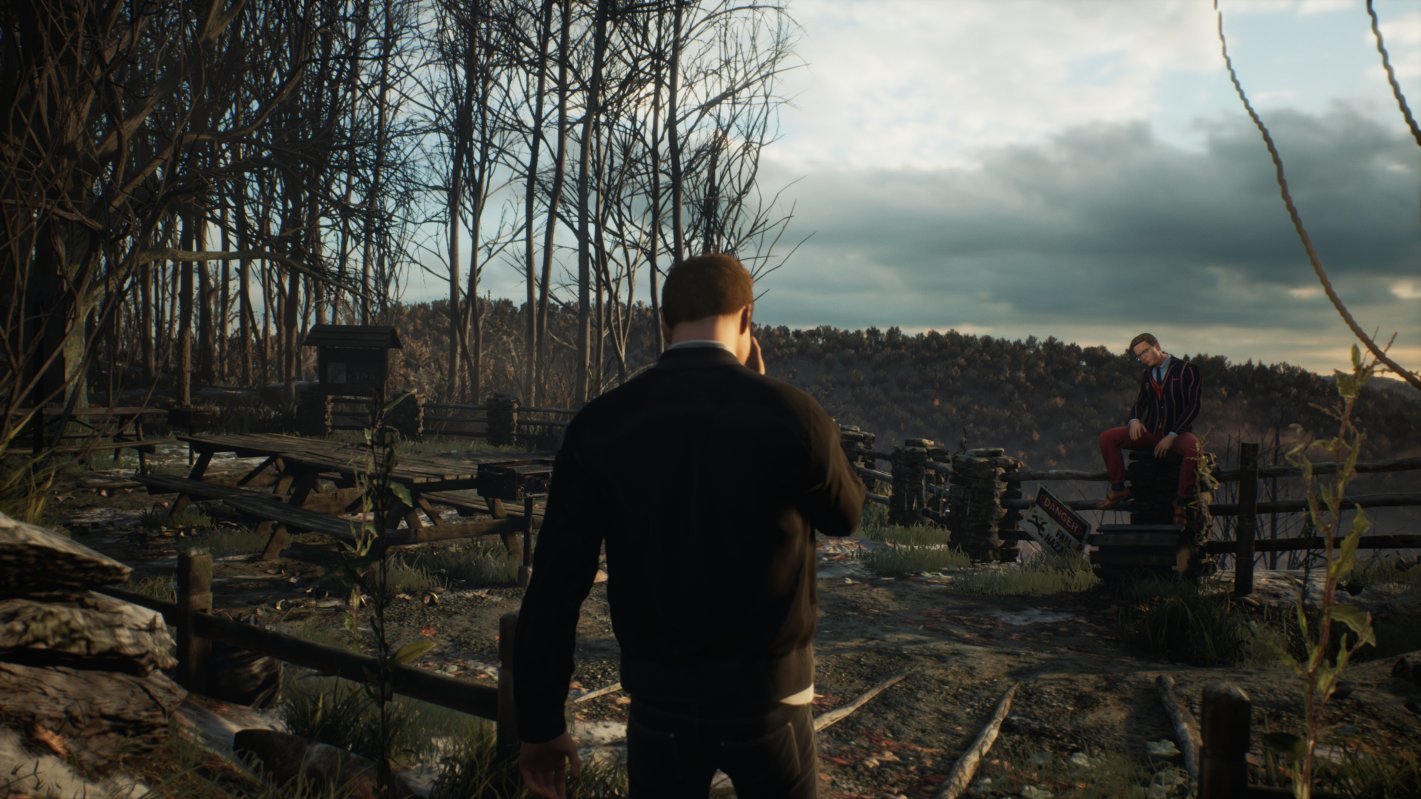

Unlike Dontnod’s past work, not least the Life is Strange series, there are no supernatural aspects per se. A demeanor which is tested by way of his conversations with his inner voice, the Double, a sort of younger-looking, younger-acting, emphatic prodding at Sam’s loner-type persona.Ĭombined with Sam’s frequent visits to his Mind Palace - an internalized assortment of memories both pleasant and not-so, also serving as the base for the detective-like deducing of how specific scenes played out - these elements are the only parts that deviate from the reality the game is trying to paint. He does not want to be here - other than to pay respects to his recently-deceased best friend and fellow journalist - and it shows in Sam’s awkward, self-isolated demeanor. Others swing the other way emotionally of course, but the key message the game wants to communicate here is the simple fact Sam finds little reason for being here. A key pillar of the community and one that some folks still bear a grudge over.

As an investigative journalist, Sam was the one responsible for the closure of the town’s mine. And if the dominant color palette of brown, grey and brownish-grey doesn’t give away that something downbeat and less-flattering is afoot, Twin Mirror cuts right to the heart of main protagonist Sam Higgs’ apprehension on returning to the place he left two years ago. Twin Mirror wants to let the middle-of-nowhere aesthetic of fictional West Virginian town Basswood hang. Involvement that isn’t just pointing towards objects to grab and maybe mull over in some otherwise informative/sarcastic manner. There’s no shying away from how little physical involvement the player has in the opening. Less the scale of the stakes at play and more a snapshot of the impact felt by its local residents, in more ways than one. Twin Mirror clearly wants to set as much as the scene up as it can get away with. The kind of dominant storytelling - of which has as many (if not more) detractors as it does fans - you find yourself putting the controller down for more than the usual length of a typical cutscene. That’s not just because a lot of one’s time here was spent casually strolling from one interactive object to another. Where episodic games in Life is Strange and Tell Me Why reside. Where on one end you’d find the likes of Remember Me and Vampyr (story co-existing with a sizeable focus on combat/RPG mechanics) Twin Mirror evidently is aiming to sit neatly somewhere at the latter end of the spectrum. Even with as brief a time the three-or-so hours gifted, playing through the opening parts of Twin Mirror felt as much an affirmation to Dontnod’s knack for tales dwelling in the smaller locales as it was confirmation that the Parisian studio’s latest - its second game to release in 2020 - was leaning in one direction on the studio’s own figurative scale of adventure games up to now.


 0 kommentar(er)
0 kommentar(er)
